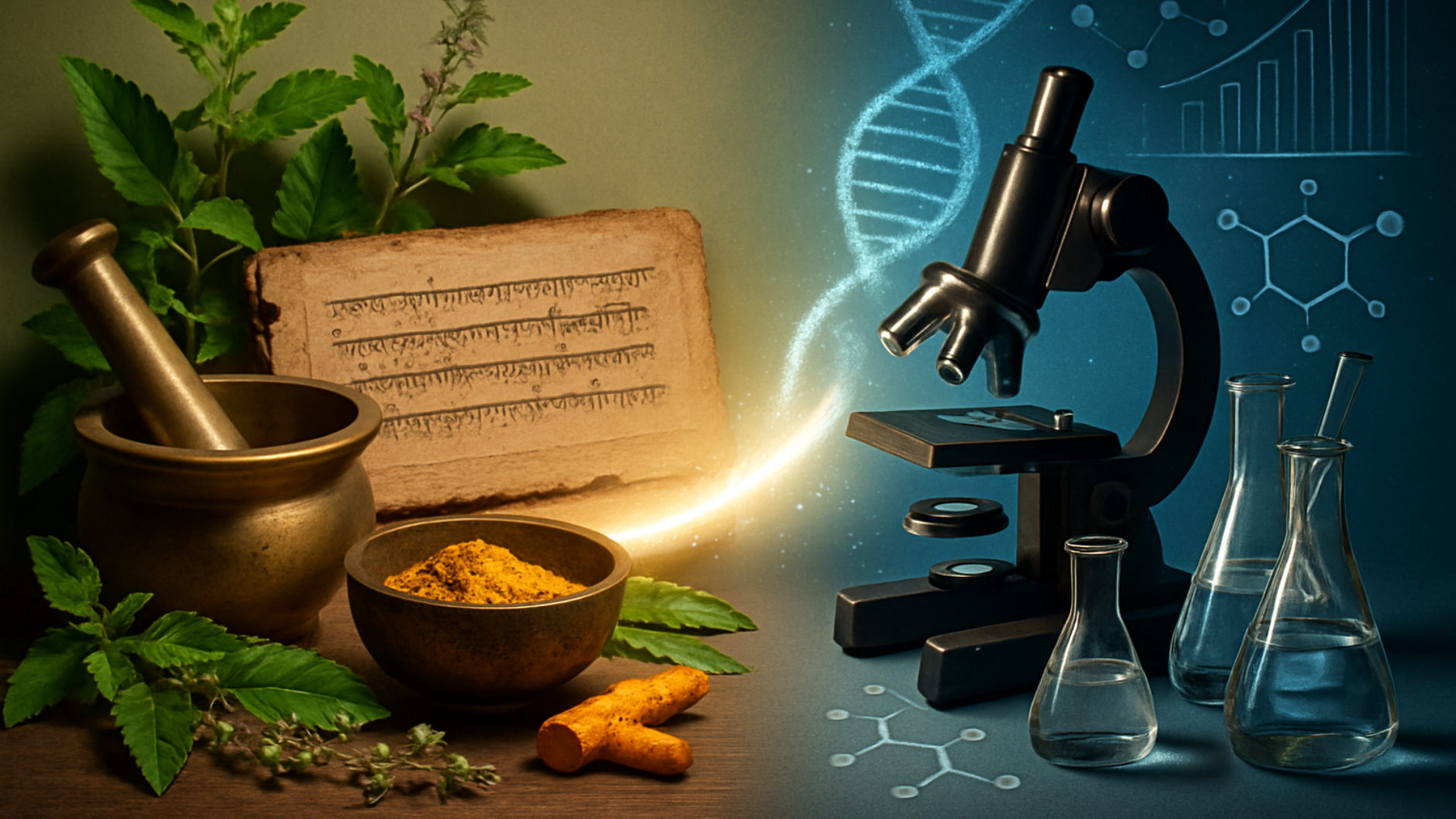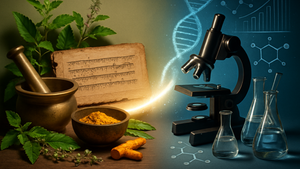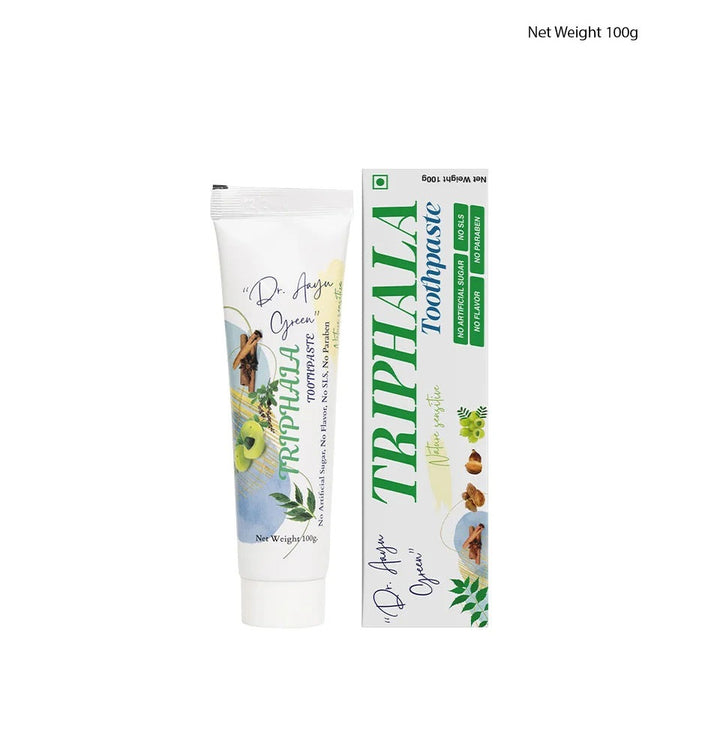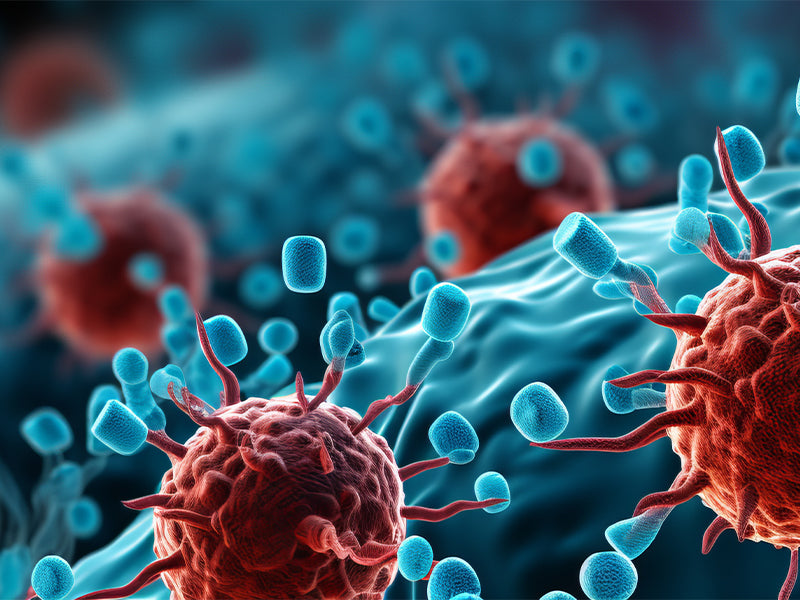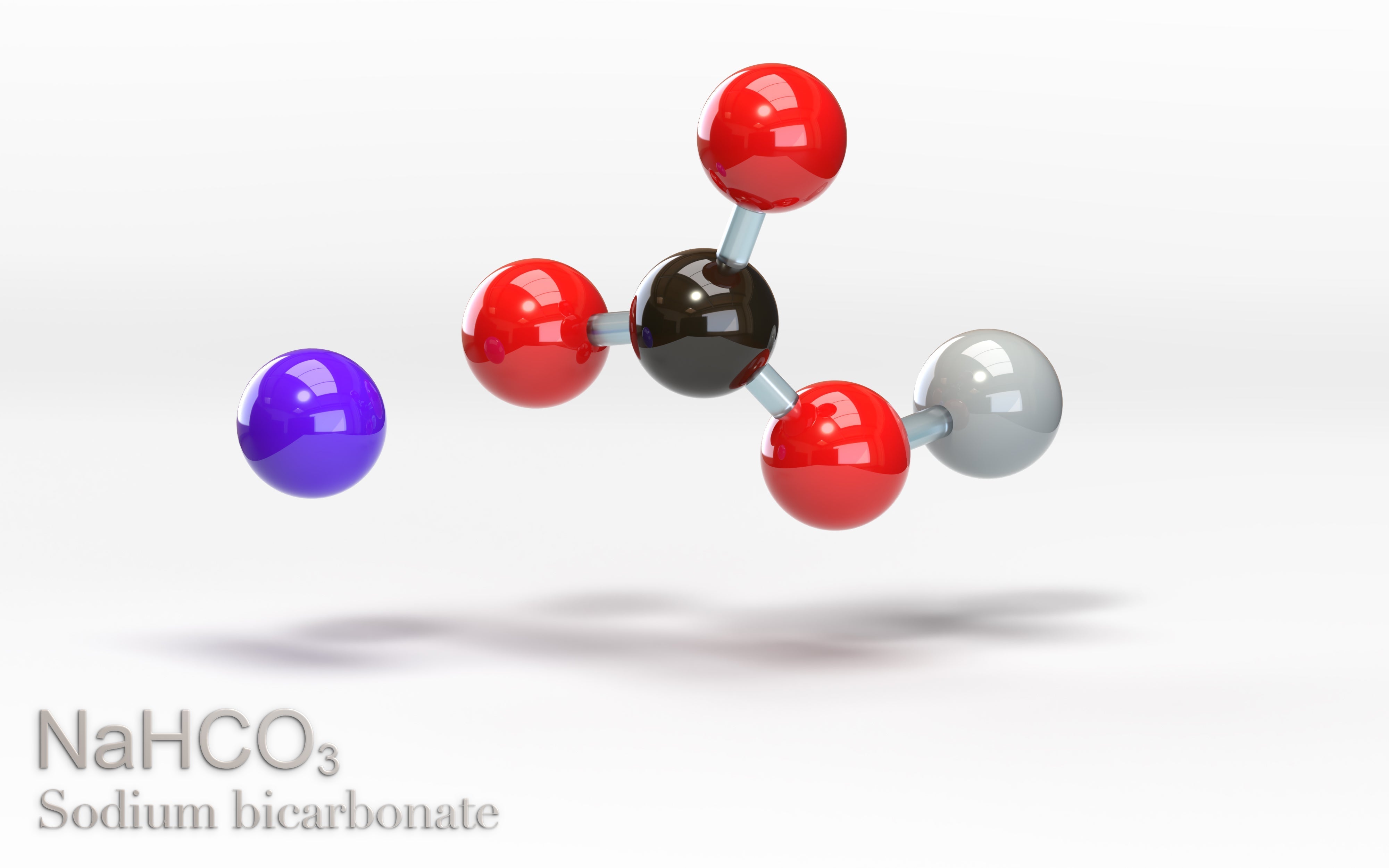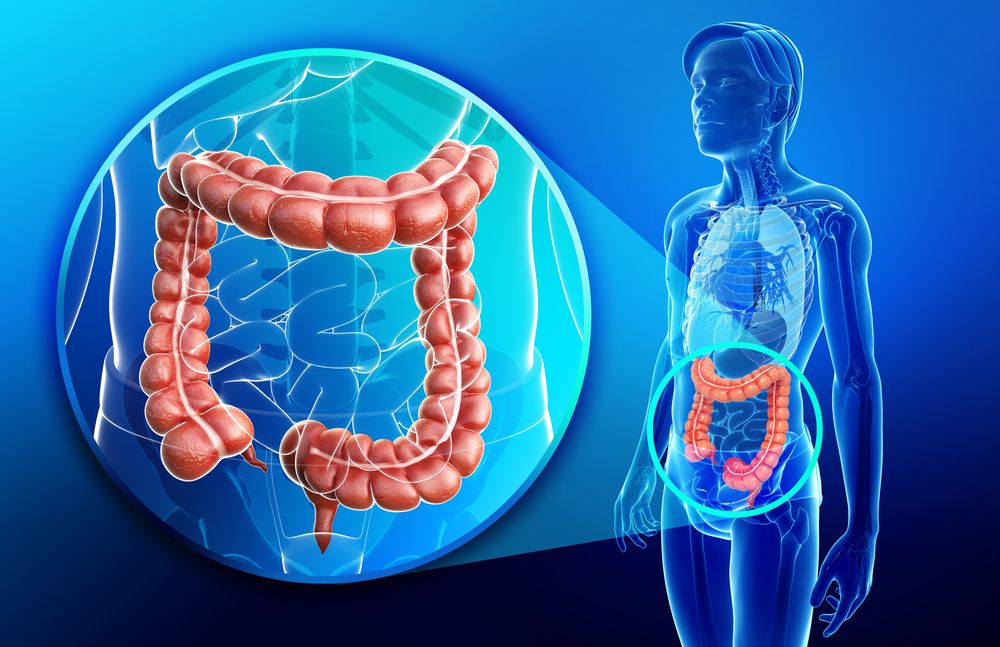Discover how ancient Ayurveda can transform your wellness journey — now validated by modern science. From balancing your body’s energies to personalized health insights, Ayurveda’s 5,000-year legacy is meeting cutting-edge research to offer holistic, evidence-backed wellness.
Ayurveda, often referred to as the “Science of Life,” is a holistic health system that has been practiced in India for over 5,000 years. Rooted in ancient texts such as the Charaka Samhita and Sushruta Samhita, Ayurveda emphasizes balance, prevention, and the integration of body, mind, and spirit.
In recent years, modern science backs up Ayurveda, validating and supporting many of its principles — effectively bridging the gap between ancient knowledge of Ayurveda and contemporary medicine.
What is Ayurveda?
Ayurveda is a comprehensive medical system that focuses on balancing the body’s three energies — Vata, Pitta, and Kapha. It promotes individualized care, natural remedies, and lifestyle modifications to prevent disease and maintain health.
That’s why Ayurveda is not just a medical practice — it’s a way of life that adapts to one’s unique body constitution and daily routine.
Ayurveda’s 5,000-Year History
The Ayurveda 5000 years history is deeply rooted in the Vedic traditions of ancient India. The earliest records date back to around 1500 BCE, with knowledge preserved and passed down orally before being compiled in Sanskrit texts.
This centuries-long legacy demonstrates Ayurveda’s enduring relevance and its ability to evolve alongside humanity’s growing understanding of health.
Modern Science Backs Up Ayurveda
In the past few decades, scientific research has offered strong evidence supporting Ayurvedic principles.
According to a 2024 wellness study, 62% of Indians now incorporate at least one Ayurvedic habit into their routine, reflecting a nationwide shift toward holistic health practices.
Key Scientific Validations (Mobile-Friendly Snapshot):
· Turmeric (Curcumin): Modern studies highlight its anti-inflammatory and antioxidant effects. A 2023 clinical trial found that curcumin reduced inflammatory markers by up to 30%, showing potential in managing chronic conditions.
· Ashwagandha: Recognized as an adaptogen, it helps the body resist stress. Research shows it may upregulate antioxidant enzymes and reduce oxidative liver damage by 25–35%.
· Triphala: Clinical studies indicate it supports gut health and enhances detoxification, aligning with Ayurveda’s concept of cleansing Ama (toxins).
This connection illustrates how modern biochemistry continues to confirm what Ayurveda has practiced for millennia.
Ayurveda and Genetics Correlations
One of the most fascinating areas where modern science backs up Ayurveda lies in genomics — the study of genes and their functions.
Key Insights:
· Prakriti and Genomics: A study found that certain gene functions correlate with the Ayurvedic concept of Pitta, linked to metabolism — suggesting a genetic basis for Ayurvedic classifications.
· Genetic Disorders: Ancient texts described hereditary diseases as Sahaja Roga. Modern genetics now recognizes these as inherited disorders, proving Ayurveda understood genetic influence long before DNA was discovered.
For instance, scientists are now exploring how Ayurvedic body types could help predict genetic predispositions and enable more personalized healthcare — a key insight from ongoing research in Ayurveda and genetics correlations.
DNA Barcoding of Herbal Products
With the rise of herbal supplements globally, authenticity of herbal supplements and safety have become vital. That’s why modern technology like DNA barcoding of herbal products is revolutionizing the validation of Ayurvedic herbs.
Key Facts:
· Product Authenticity: A DNA barcoding analysis found that 21% of herbal products were adulterated or mislabeled, highlighting issues of herbal product substitution.
· Quality Control: Centralized digital barcode systems now help verify ingredients and prevent contamination.
This integration of modern science with Ayurveda ensures safety, quality, and transparency for consumers worldwide — a big step forward in ensuring the authenticity of herbal supplements.
Ayurveda’s Impact on Modern Science
The convergence of ancient knowledge of Ayurveda and modern scientific methods has opened new possibilities in healthcare.
Modern Applications of Ayurveda:
· Holistic Health Models: Integrating Ayurveda’s focus on balance and prevention into modern preventive care systems.
· Personalized Medicine: Aligning Ayurvedic Prakriti analysis with genomic data to tailor individual treatments.
· Sustainable Healing: Encouraging natural, plant-based remedies and eco-friendly practices for long-term wellness.
That’s why global researchers and healthcare professionals are increasingly recognizing the Ayurveda impact on modern science, combining tradition with technology for a healthier tomorrow.
Quick Takeaway
For those on the go — here’s your Ayurvedic-science synergy in a nutshell
Science validates Ayurveda: From curcumin’s 30% inflammation reduction to genetic parallels in Prakriti.
DNA barcoding: Ensures purity and quality of herbal products.
62% of Indians now practice at least one Ayurvedic habit.
Integration: Ayurveda + Science = A future of personalized, sustainable, and holistic health.
Conclusion
The union of ancient Ayurvedic wisdom and modern scientific research reaffirms the timelessness of this holistic system. From genetic insights to molecular validations, Ayurveda’s core principles continue to find relevance in today’s evidence-driven world.
As highlighted by TickMyHealth, embracing Ayurveda isn’t about choosing tradition over modernity — it’s about uniting both for a balanced, informed, and healthier future.
Discover how Ayurveda can transform your wellness journey with science-backed insights from TickMyHealth.
To explore Ayurveda-aligned supplements validated by modern science, consult trusted platforms like TickMyHealth or verified Ayurvedic practitioners.
Frequently Asked Questions

